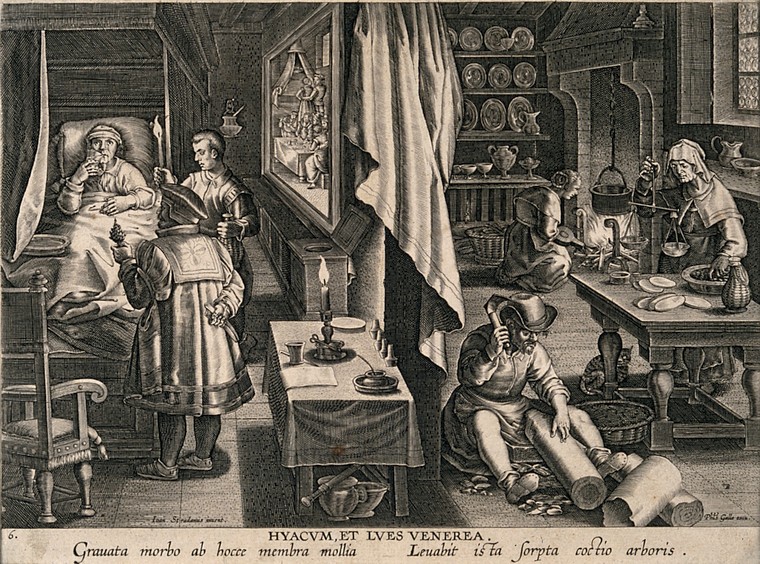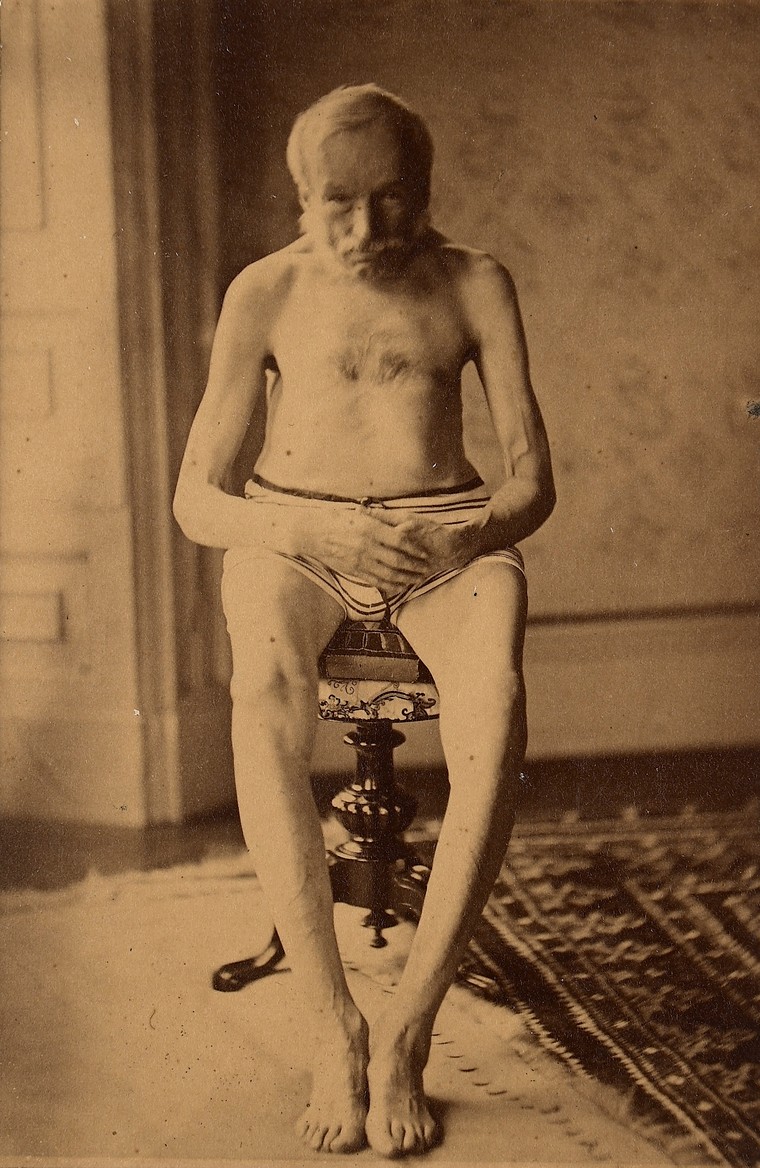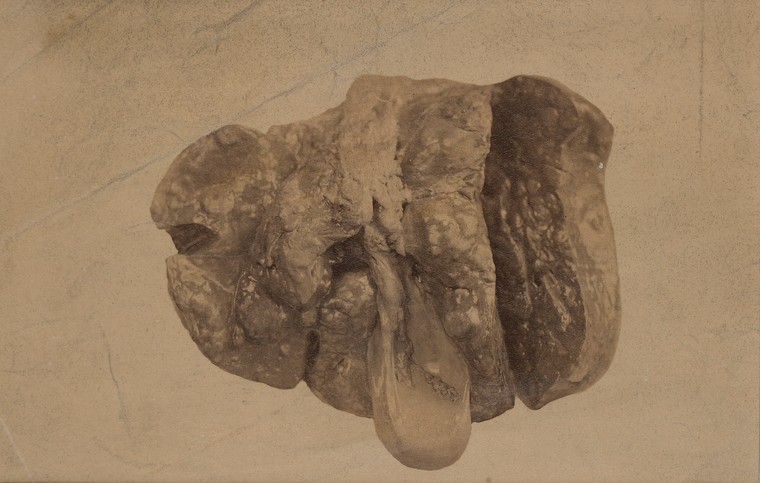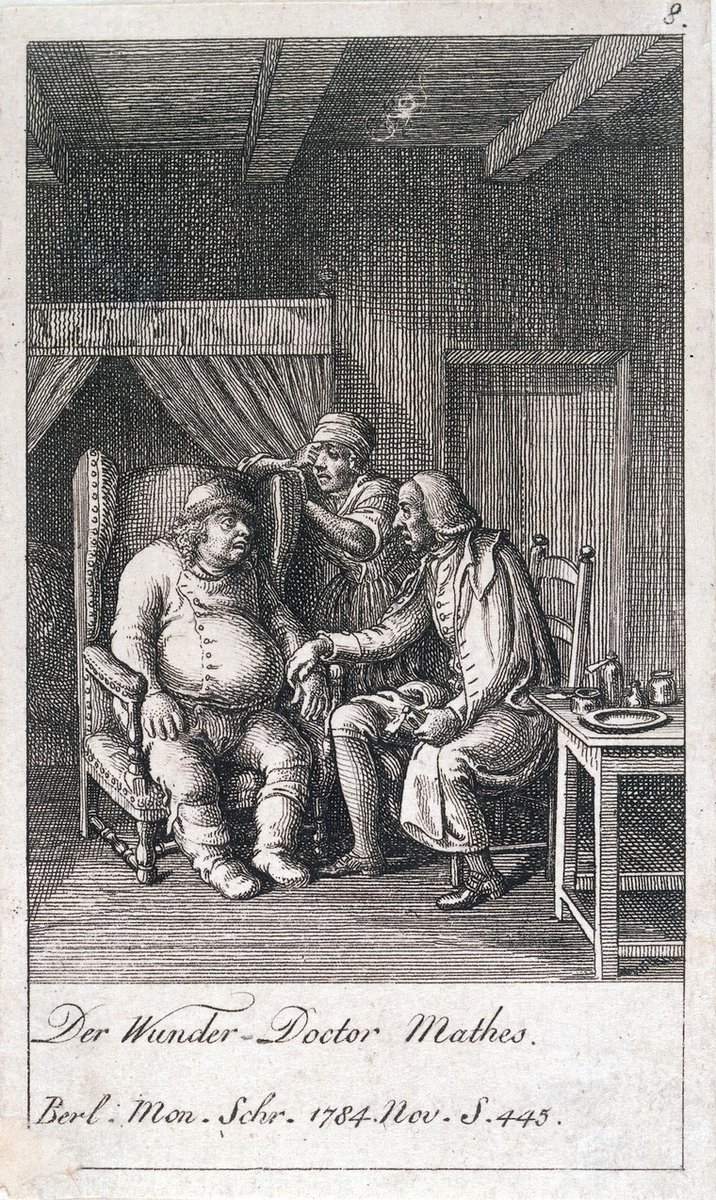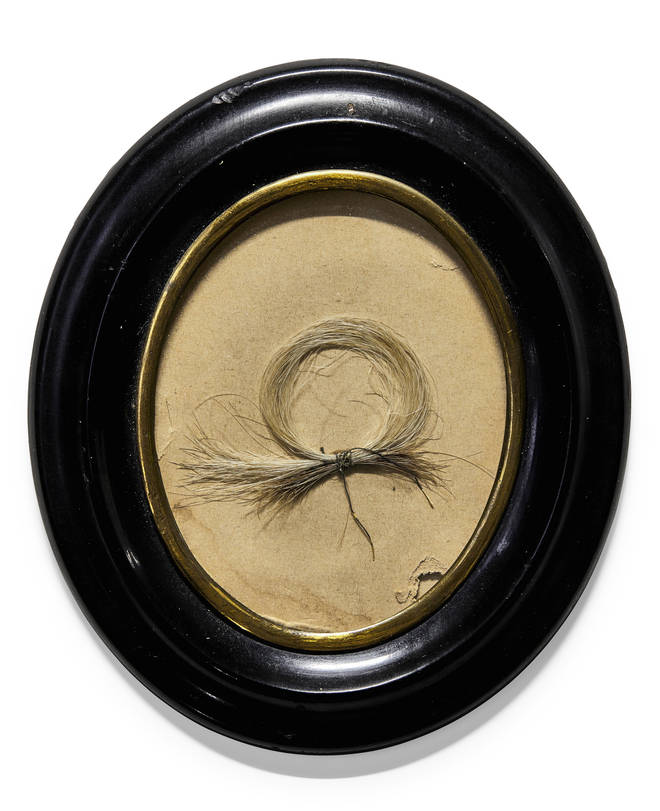Today is the 250th birthday of one of the world’s greatest classical composers, Ludwig van Beethoven (1770–1827). He continues to appeal today as an archetypal tortured Romantic figure, cemented not only by his prodigious talent but also his lifelong ill health. #Beethoven250
Beethoven’s most famous health issue – and the source of his greatest torment – was encroaching deafness that began in his late 20s. He contemplated suicide, but concluded: “It seemed to me impossible to leave the world until I had brought forth all that I felt was within me.”
An 1802 letter to his brothers, known as the ‘Heiligenstadt Testament’, lays bare his despair, berating the “senseless physicians, [who] from year to year deceived with hopes of improvement”.
In his last decade he used an ear trumpet, but a note he wrote to a stranger reveals he thought they exacerbated deafness: “Just do not use mechanical devices [ear trumpets] too early; by abstaining from using them, I have fairly preserved my left ear in this way.”
Beethoven experienced numerous other health problems, including diarrhoea, abdominal pain, depression, “feverish catarrh”, joint pain, headaches and eye inflammation. And countless academics and doctors have attempted retrospective diagnoses on him.
These diagnoses have included advanced syphilis, hepatitis A, haemochromatosis (a build-up of iron in the body), otosclerosis (abnormal bone growth in the ear), irritable bowel syndrome, and brain trauma caused by his father physically abusing him as a child.
Others have theorised that his deafness was caused by Paget’s disease of bone, although this is uncommon in people Beethoven’s age (he died aged 56). This can affect the skull, with the nerve and bone damage causing deafness.
After Beethoven died in March 1927 a post-mortem was performed. The results of this showed that he had cirrhosis of the liver. Add to this the fact that Beethoven was treated for ascites, and some believe he died as a result of alcoholism.
Abdominal ascites – a build-up of fluid in the abdomen – was known as ‘dropsy’ at the time. On several occasions in the months before Beethoven’s death, doctors drained many litres of fluid from his abdomen using a glass tube.
A number of people took locks of Beethoven’s hair after he died, one of which, cut by teenage musician Ferdinand Hiller, eventually made its way to auction in the 1990s. Analysis of the hair showed that Beethoven had lead poisoning, which could have caused many of his symptoms.
At the time wine was often sweetened with lead acetate, also known as ‘lead sugar’, a poison. And lead-crystal glassware of the period – both for storing and serving wine – was very fashionable, but leached lead into the drinks it contained.
Some now speculate that excess lead, rather than excessive wine drinking, caused Beethoven’s death. But the jury is still out on the true cause, and probably will be forever. Best, then, just to celebrate his life, glorious music and 250th birthday.

 Read on Twitter
Read on Twitter
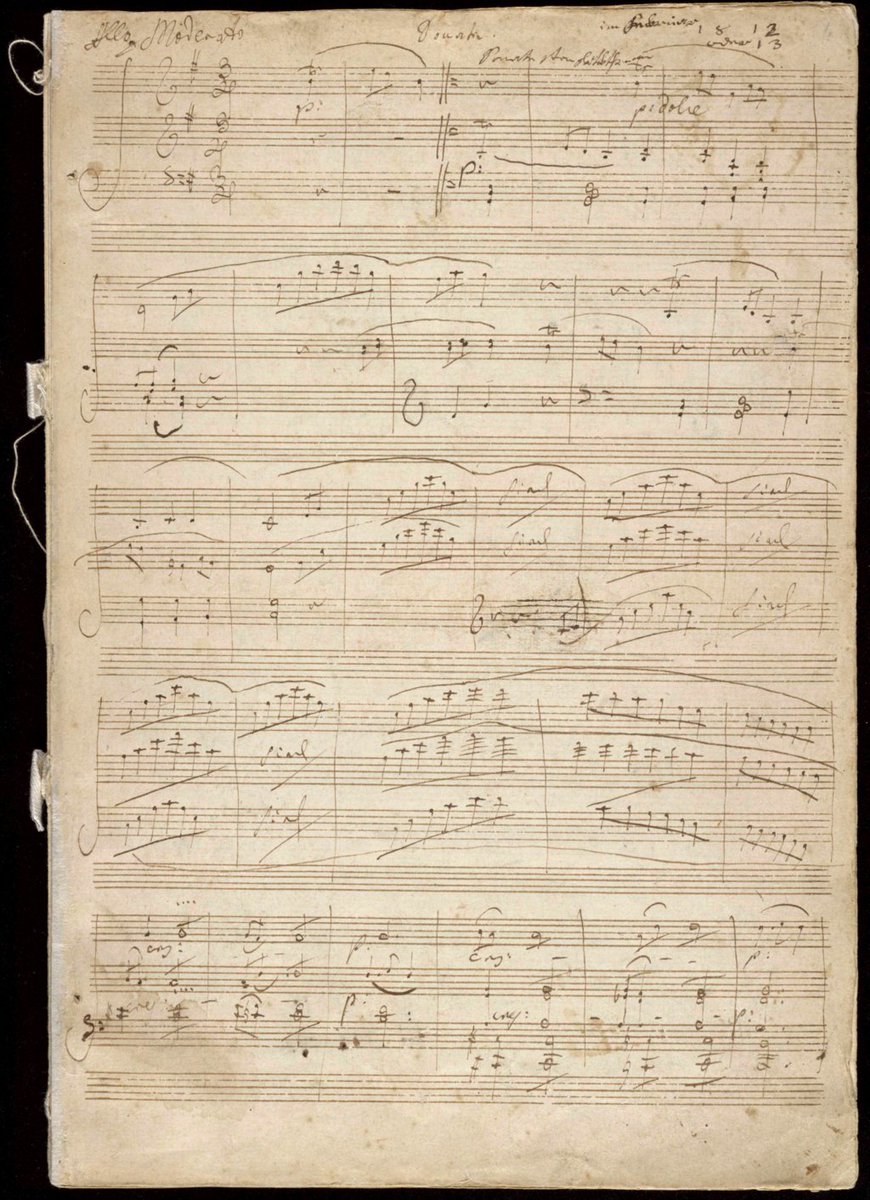
![An 1802 letter to his brothers, known as the ‘Heiligenstadt Testament’, lays bare his despair, berating the “senseless physicians, [who] from year to year deceived with hopes of improvement”. An 1802 letter to his brothers, known as the ‘Heiligenstadt Testament’, lays bare his despair, berating the “senseless physicians, [who] from year to year deceived with hopes of improvement”.](https://pbs.twimg.com/media/EpceruGXIAAaCqg.jpg)
![In his last decade he used an ear trumpet, but a note he wrote to a stranger reveals he thought they exacerbated deafness: “Just do not use mechanical devices [ear trumpets] too early; by abstaining from using them, I have fairly preserved my left ear in this way.” In his last decade he used an ear trumpet, but a note he wrote to a stranger reveals he thought they exacerbated deafness: “Just do not use mechanical devices [ear trumpets] too early; by abstaining from using them, I have fairly preserved my left ear in this way.”](https://pbs.twimg.com/media/Epce3OlXIAETuhB.jpg)

